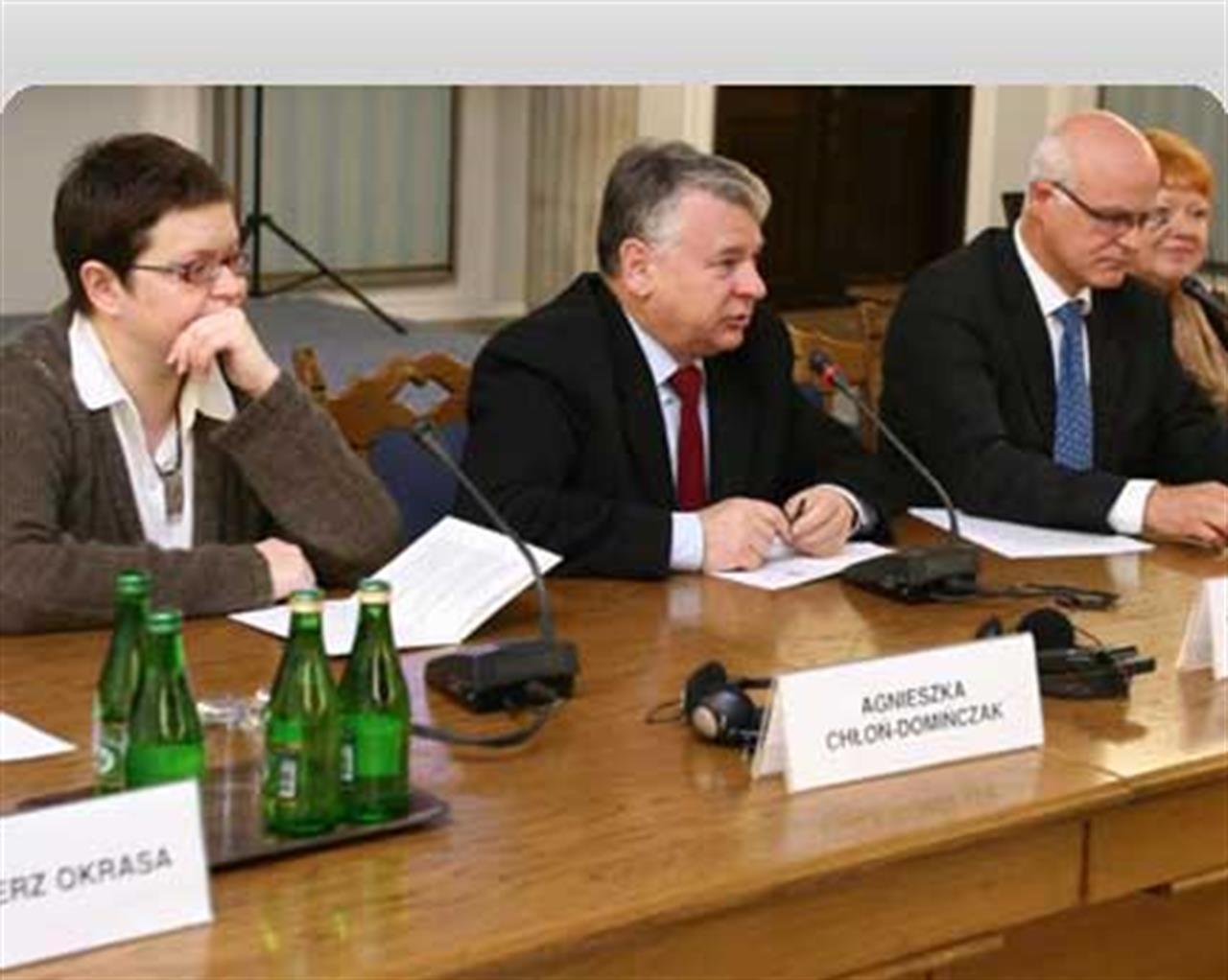Non profit
Poland: Civil society doubts government’s calls for subsidiarity
The government embraces the principle of subsidiarity, but according to civil society it is for the wrong reasons...

The Polish Senate held a conference on the Principle of Subsidiarity in Polish Public Life on September 23. The conference was organized by the Senate Committee on Family and Social Policy and was opened by the Speaker of the Senate.
The conference consisted of lectures and debates about the theoretical concepts of the principle, its applications in the Polish and European Union law, as well as its practical dimensions.
Among the speakers there were members of the Polish government, Polish and European Parliament, Polish Universities, Polish High Court and representatives of various nonprofit organizations in Poland and other European Union countries.
Members of Polish government and Polish Parliament attempted to convince the audience that the principle of subsidiarity, as in legislation regulating the European community and all EU structures, is inscribed in the Polish Constitution and Polish law and its realization is one of the most important priorities of current administration.
It appears that Poland’s current government places a great deal of importance on the principle of subsidiarity as it gradually transfers many tasks from central government to local governments. But, according to an advocate for the rights of people with autism from the AUTISM-POLAND Alliance (a group of 50 non profit organizations that work with people with autism): “The way the principle is understood by the Polish government is quite strange. The principle of subsidiarity assumes that government should not prevent citizens from getting together to deal with issues and problems faced by society but should help them to realize such actions [it is important to note, that Polish translation of subsidiarity: pomocnicznosc, comes from the word ‘help’]. Instead, the Polish government seems to understand the principle as if it allowed them to get rid of many of their responsibilities and transfer them to local governments, non profits and individual citizens, without, however, transferring the neccessary funds”.
Most representatives of the Polish non profit sector agree with this perspective. In their opinion Polish government not only does not help non profit organizations to pursue their goals, but with time it wants them to perform more and more functions. It also gradually increases responsibilities of local authorities, equally without increasing funding for them.
Such voice triggered the discussion what is and should be the real meaning of the principle of subsidiarity.
The Oxford English Dictionary defines subsidiarity as the idea that a central authority should have a subsidiary function, performing only those tasks which cannot be performed effectively at a more immediate or local level.
The concept of the principle of subsidiarity was introduced by Pope Leo XIII in Rerum Novarum and holds that: “Government should undertake only those initiatives which exceed the capacity of individuals or private groups acting independently. Functions of government, business, and other secular activities should be as local as possible. If a complex function is carried out at a local level just as effectively as on the national level, the local level should be the one to carry out the specified function. […] Subsidiarity emphasizes the importance of small and intermediate-sized communities or institutions, like the family, the church, and voluntary associations, as mediating structures which empower individual action and link the individual to society as a whole” [wikipedia].
The authors of the principle of subsidiarity and those who elaborated on the concept did not write about the specific, financial implications of the principle. They did not write what it means to empower individual actions and whether empowering includes financial support. Current interpretations of the concept are, as we have seen, far from being unanimous. They seem to depend to a large degree on their place within the societal structure.
Vuoi accedere all'archivio di VITA?
Con un abbonamento annuale potrai sfogliare più di 50 numeri del nostro magazine, da gennaio 2020 ad oggi: ogni numero una storia sempre attuale. Oltre a tutti i contenuti extra come le newsletter tematiche, i podcast, le infografiche e gli approfondimenti.
